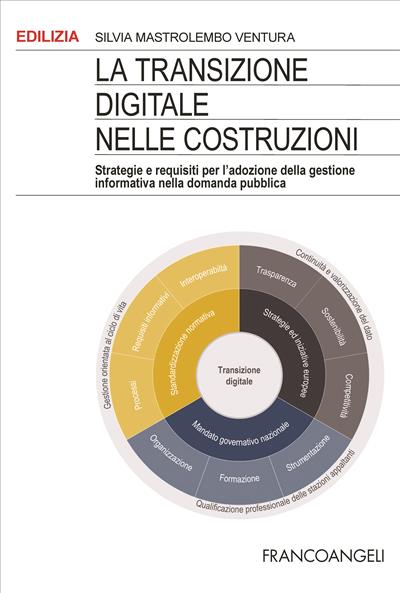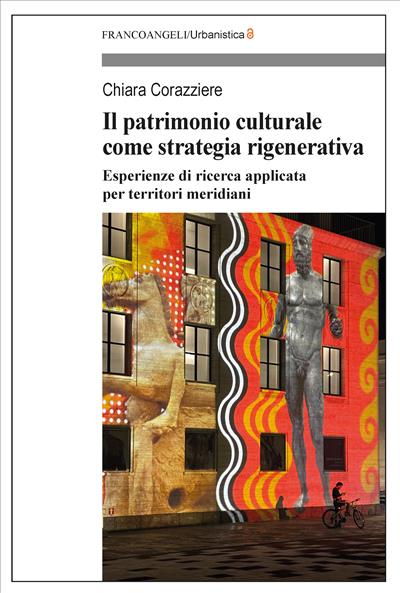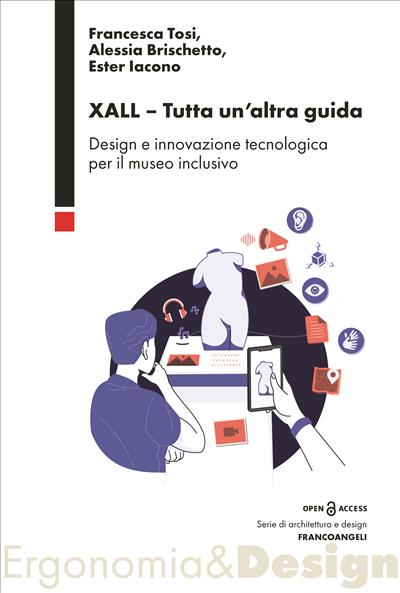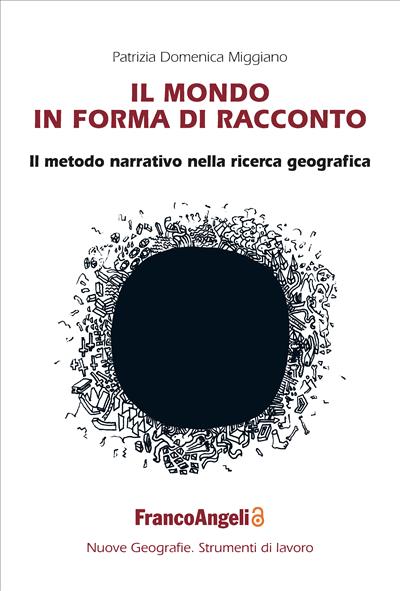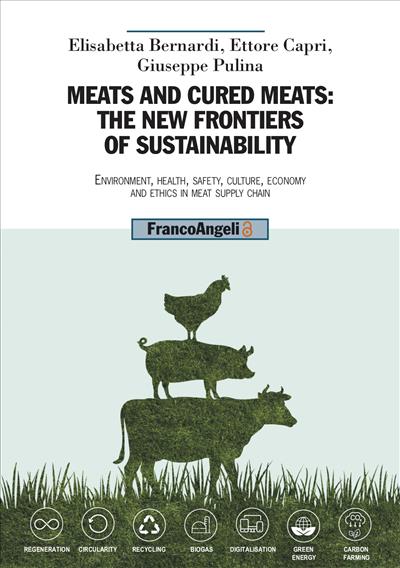
Elisabetta Bernardi, Ettore Capri, Giuseppe Pulina
Meats and Cured Meats: The New Frontiers of Sustainability
Environment, Health, Safety, Culture, Economy and Ethics in Meat Supply Chains
This volume sparks from an initial interdisciplinary study published in 2018, to describe the “5 facets” of meat sustainability: nutrition, environmental impacts and the application of the circular economy to livestock and industry, food safety and animal welfare, the economic aspects of supply chains and the fight against food waste. Five years later, a revision by the authors has permitted the publication of this new text, which delves deeper and elucidates the significant recent scientific and technological innovations most recently emerged.
Pagine: 320
ISBN: 9788835155713
Edizione:1a edizione 2023
Codice editore: 11810.2.5
Informazioni sugli open access
